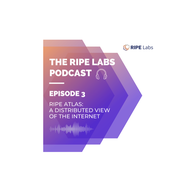
Robert Kisteleki: RIPE Atlas - A Distributed View of the Internet
• 2 min read
Twelve years ago the RIPE NCC set out to build the largest Internet measurement network ever made. Today, RIPE Atlas provides users with an unprecedented understanding of the state of the Internet in real time. In this episode, I catch up with Robert Kisteleki to talk about how RIPE Atlas developed…


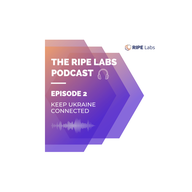
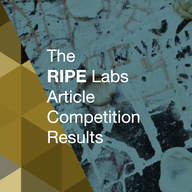
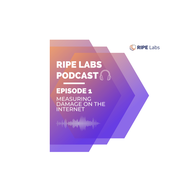
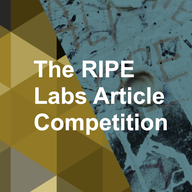
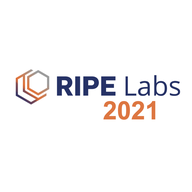

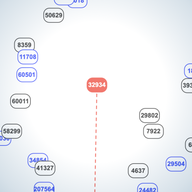
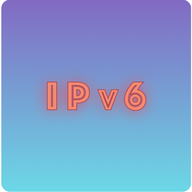

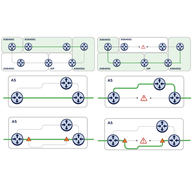

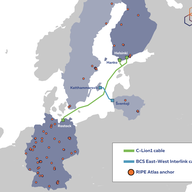
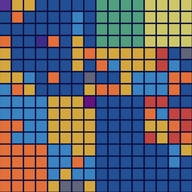

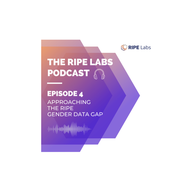

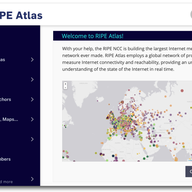





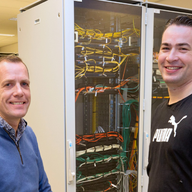

“A small correction - population is 9,5 mil. people”
Fixed. Thank you!
“Hi, I have been waiting for 8 months for a spare drive (maybe v4) for probe # 34441 that has stopped working. Will I get a spare unit by the end of the year?”
Hi Michele - according to our records, you applied for a new probe last April. The latest batch of version 4 probes is being shipped as we speak. We can confirm that your new probe is on its way to you.
“Is anybody here? Сan we use docker or lxc instead of VM?”
Apologies for the late response. The answer to your question is no. Using docker or LXC is not possible at present.
“Any updates?”
Hi Sascha - for the latest on RIPE Atlas probes, please check this article: https://labs.ripe.net/Members/alun_davies/new-ripe-atlas-version-4-probes
“Any news on the probe VM solution?”
Hi Joshua - we are currently gathering feedback on RIPE Atlas software probes and we are seeking volunteers willing to partner with us and help package the software for various operating systems and platforms. If you're interested in sending feedback or volunteering, let us know by filling in this short survey: https://www.ripe.net/participate/forms/apply/atlas-probes/
“Hi, I did apply for the the probe on 03/03/2019 #24295. Any news available, about the distribution?”
Hi Carlos - apologies for the late response. The first batch of RIPE Atlas version 4 probes have all been distributed and we are currently at the planning stage for the next batch. If you're keen to make use of RIPE Atlas while you wait for a probe to reach you, we would be happy to send you some credits. Please contact us on atlas@ripe.net if you'd like us to set this up for you.
“Are all new applications that are shipped out the new v4 probes?”
Strictly speaking, some of the people out there who help us distribute probes probably still have a few of the v3 devices left in stock, and so it may be the case that a small number of these end up back in distribution. However, with v3 no longer in production, v4 is now the default model, and new hosts should expect to receive v4 probes.
“Is it possible to develop a probe in the form of a package for the firmware openwrt or dd-wrt and other similar? Then no separate equipment is required.”
As I say, we are still in the process of exploring the different options for how best to move forward with software probes. But indeed, any option would be aimed at eliminating the need for separate equipment.
“Where do I sign up to test/get a VM Probe??”
The VM option only applies to RIPE Atlas anchors. To apply for a VM anchor, fill out the usual application form for anchors hosts, making sure to tick the 'virtual machine' option at the top of the form: atlas.ripe.net/get-involved/become-an-anchor-host/
“Is there some way to build a probe myself? I wouldn't mind buying the hardware myself and flash the firmware manually. Would like to support the project without causing you more costs for hardware.”
Thanks for this. The software option that we're working on right now will allow people to host probes on their own devices. We're glad to see that there's an interest in this option in the community, and we'll be keeping you updated as soon as there are any new developments on this front.
Showing 24 comment(s)